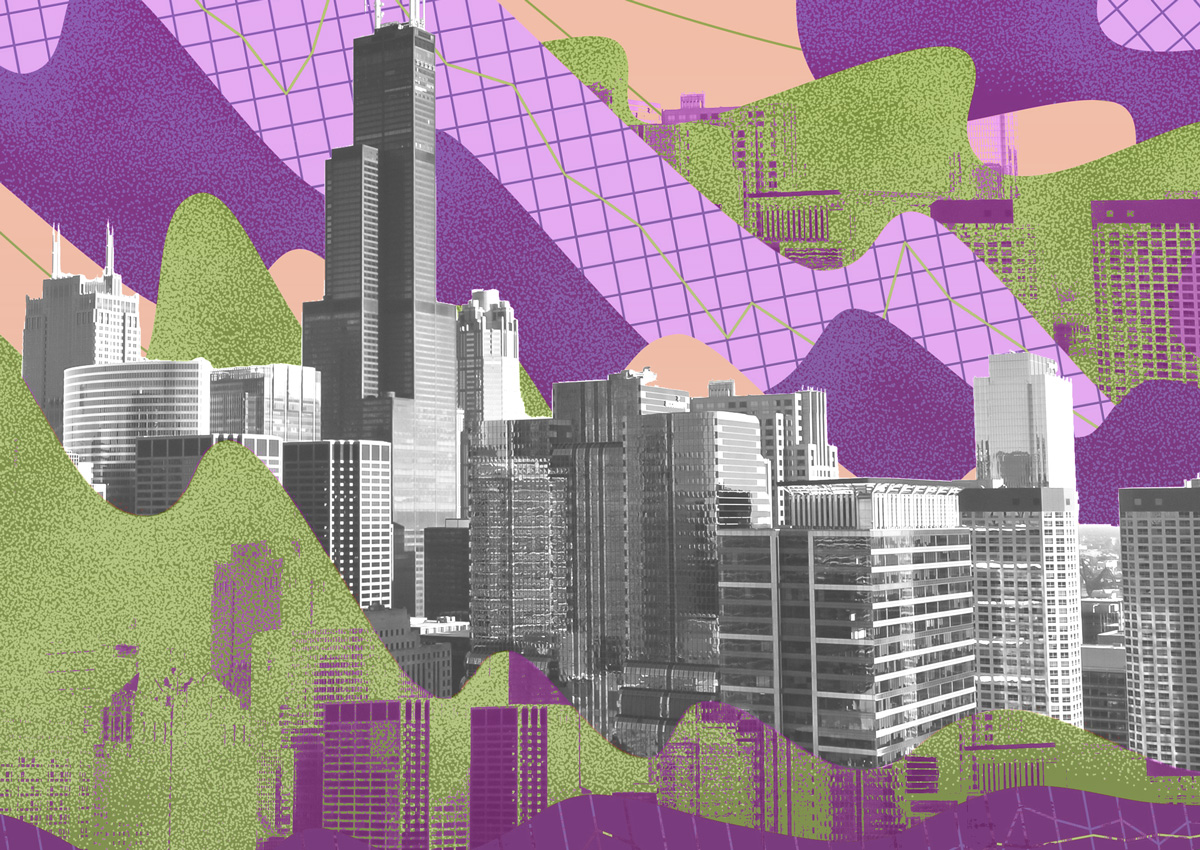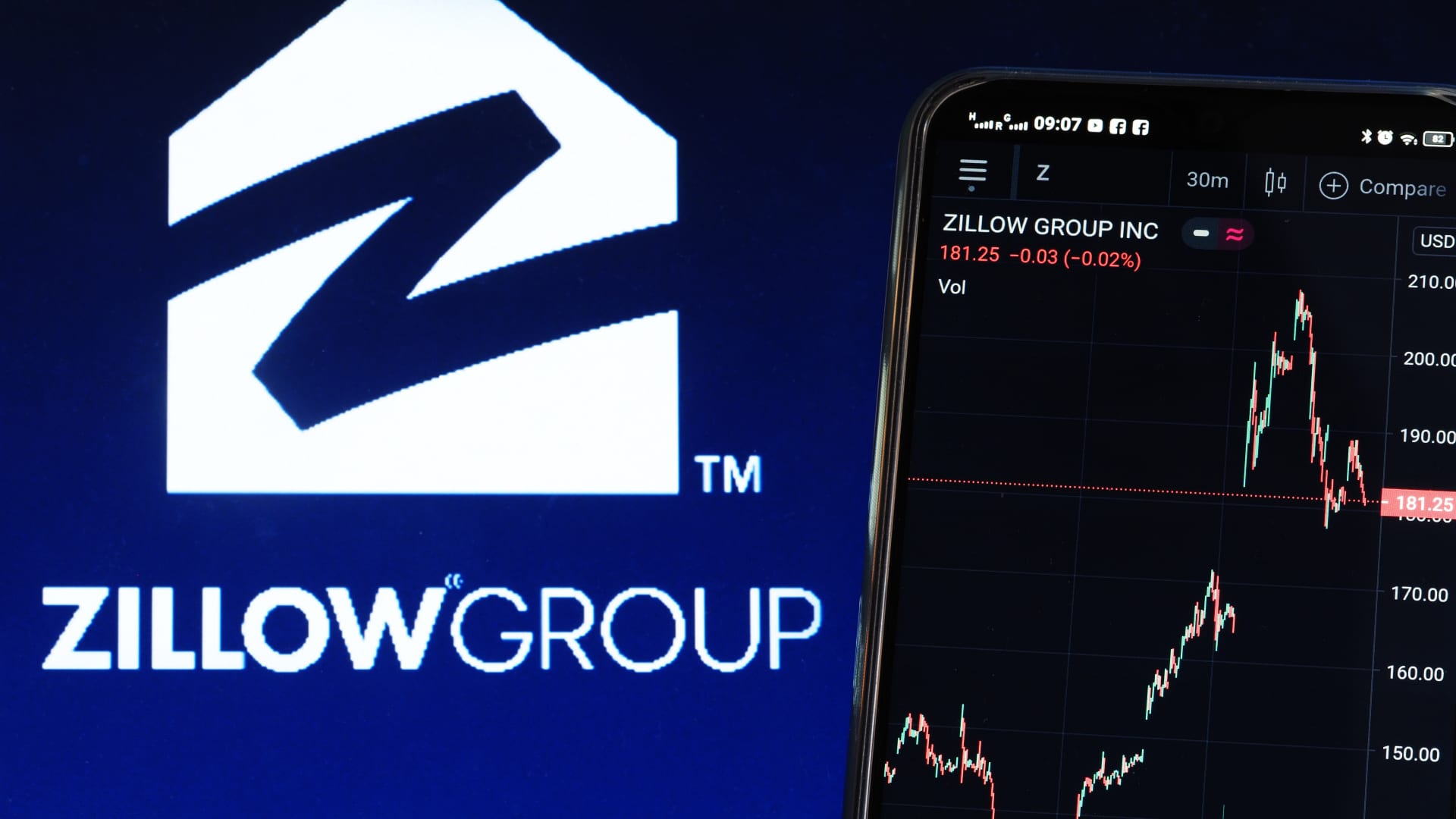C
hicago's downtown office market ended the year with a record-breaking vacancy rate, but not in a way that landlords were hoping for. The fourth-quarter vacancy rate reached 26.3%, more than double the pre-pandemic level of 13.8%. This marks the tenth consecutive quarter of rising vacancies.
The majority of the negative absorption came from tenants downsizing, either by exercising contraction options or returning unused space to landlords. Class B office properties were disproportionately affected, with vacancy rates reaching 31.8% at year-end. In contrast, Class A buildings maintained a relatively lower vacancy rate of 20.6%.
The record-high vacancies have led to foreclosures and give-backs for landlords, but also create opportunities for buyers at the bottom of the market. Recent sales of properties at 70 West Madison Street and 303 East Wacker Drive demonstrate this trend, with prices significantly lower than their pre-pandemic valuations.
Despite the challenges, a few significant leases offer hope for the market. The 77 West Wacker Drive office tower secured two major lease deals totaling over 500,000 square feet, including a large deal from engineering firm Sargent & Lundy. PricewaterhouseCoopers also extended its lease in the One North Wacker Drive building.
The city of Chicago is trying to mitigate the effects of high vacancies by offering tax-increment financing funds for office-to-residential conversions. Meanwhile, office development has slowed significantly, with only one project expected to be delivered this year.















